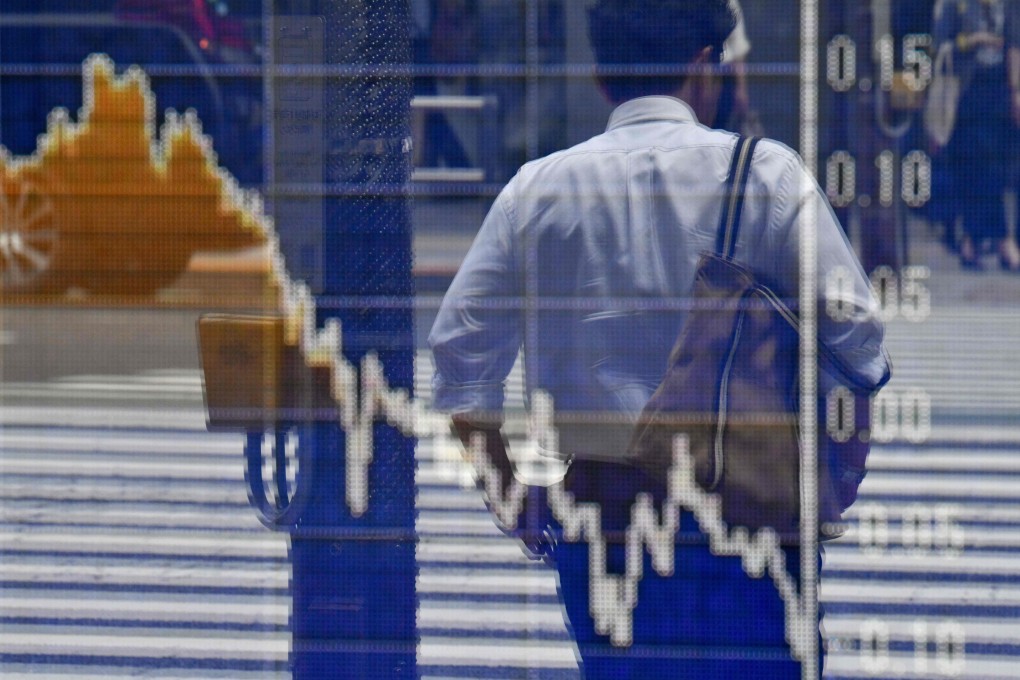Macroscope | Time and again, stock markets reward investors unfazed by their wild swings
- With uncertainty at a record high amid the ongoing US-China trade war, it’s worth remembering that analyses of market performances consistently show the need to stay invested throughout the highs and lows

The books are closed and the results are in. With a 6.6 per cent decline, this has been the second-worst May for the S&P 500 since 1962. The Hong Kong stock market, meanwhile, has become the biggest victim of the US-China trade war among the major indexes, falling around 10 per cent over the same period. Somewhat ironically, this turnabout in the markets comes just after many of the major indexes booked their best April gains in about 10 years.
So much for the stock market “melt-up” forecasts from earlier in the year. For investors, especially those who have come of age since the market lows of March 2009, uncertainty is at a record high.
Recent years have seen similar brutal sell-offs. No doubt then, as now, there was huge anxiety that such a market sell-off could lead to an outright crash. Many investors would have been tempted to sell and “wait out the volatility” on the sidelines, perhaps even shorting the market. However, history has shown that this is a classic investing mistake.
As volatility heightens, it’s naturally tempting to trade in and out of the market with the hope of protecting your wealth. Unfortunately, however, all this really does is increase the likelihood that you will miss some of the best days in the market. And as numerous studies have demonstrated, that can have enormous repercussions for an individual’s portfolio.
